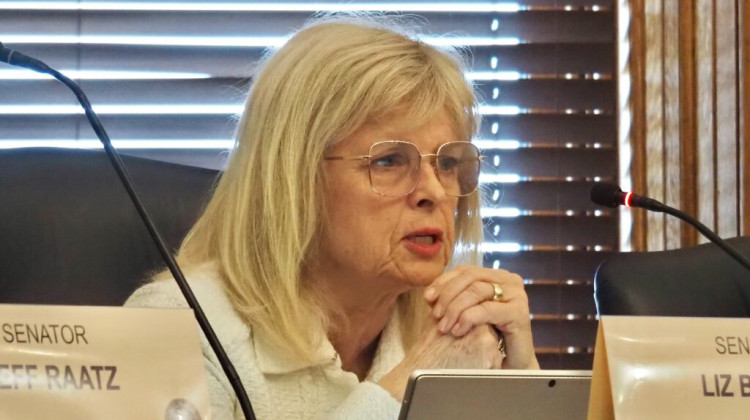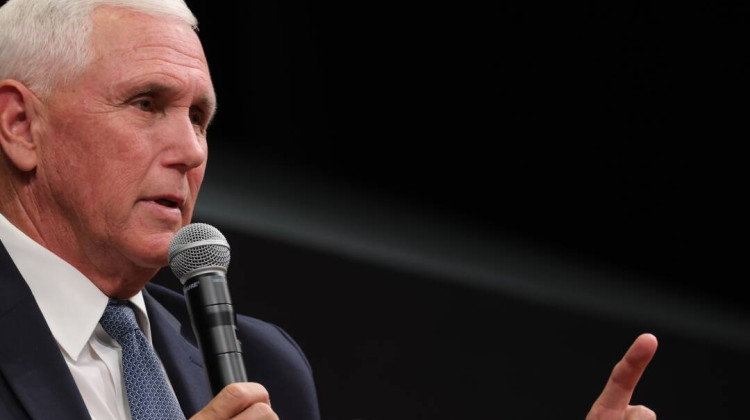
Legal experts and lawmakers can’t agree on the constitutionality of a proposal that would require parents be notified if their underage daughter goes to court to get consent for an abortion. Under current law, an underage girl must have parental consent to get an abortion. The girl can go to court to get that consent in lieu of a parent’s OK. Proposed legislation would require parents be notified of that judicial proceeding. Indiana University McKinney School of Law professor David Orentlic
IPBS-RJC
Legal experts and lawmakers can’t agree on the constitutionality of a proposal that would require parents be notified if their underage daughter goes to court to get consent for an abortion.
Under current law, an underage girl must have parental consent to get an abortion. The girl can go to court to get that consent in lieu of a parent’s OK. Proposed legislation would require parents be notified of that judicial proceeding.
Indiana University McKinney School of Law professor David Orentlicher says that flies in the face of numerous court rulings on parental consent laws.
“From the ’70s on, they haven’t deviated from this: four requirements. And one of the four requirements is that you have to maintain the confidentiality of the minor,” Orentlicher says.
Indiana Right to Life attorney Corinne Purvis says only one other state has approved similar parental notification language – and that law was struck down by a federal appeals court.
“But however also the Supreme Court has said that anonymity is not constitutionally critical,” Purvis says. “So my argument is that the Supreme Court hasn’t ruled on this yet and it’s still an unsettled issue.”
A House committee will vote on the bill next week.
 DONATE
DONATE







 Support WFYI. We can't do it without you.
Support WFYI. We can't do it without you.